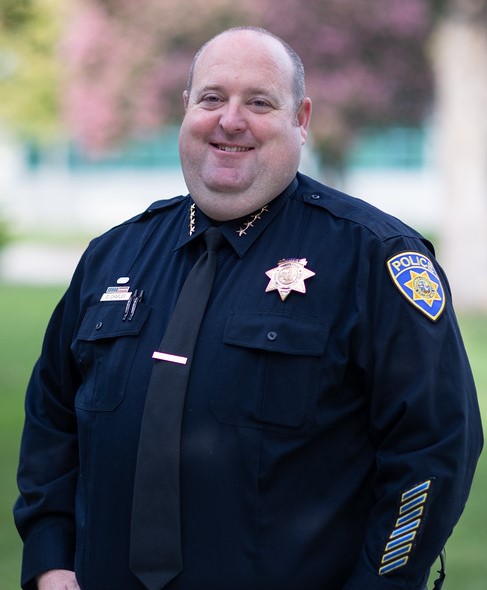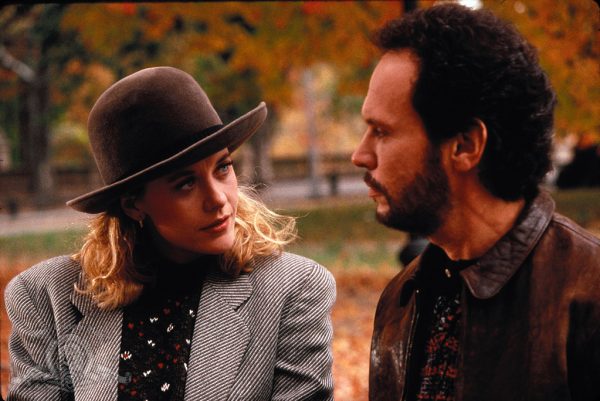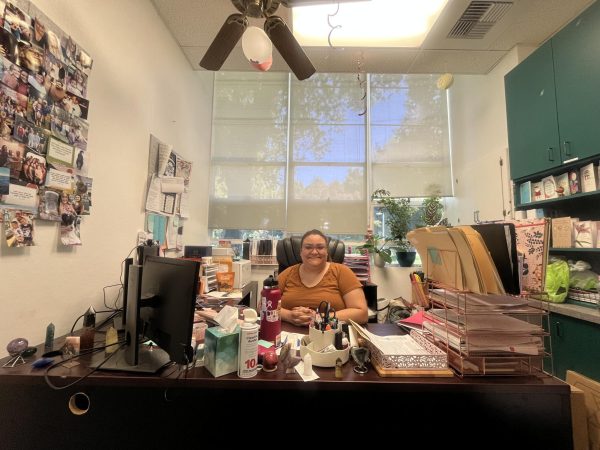Police Interview

Donnie Charles has a mount of information about working on campus as a police officer. Many students do not understand public safety without knowing informal information from local officers. Charles would not hesitate to inform about campus safety or help any student needing help.
Brewster: Tell us a little history Donnie, of becoming an officer.
Charles: Sure. When to graduated from high school in 1991, many high schools came to see us as students. Working as a student worker for the police department in 1999 and worked here for a few years. In 2001, join the police academy, then in July of that year, hired as a police officer and was a police officer for three years here, then promoted to sergeant and was a sergeant here for 17 years.
Brewster: So what was precisely a sergeant?
Charles: The sergeant in law enforcement sergeant is the supervisor. The police officers, and then have the sergeant. We oversee the police officers. A lower level of management for about 17 years: January, promoted to Chief, a total of over 21 years with much experience. One moment wants to pursue a law enforcement officer chief.
On the contrary, when growing up, looking up to police officers as kind then. Police officers were like role models, and there was respect for public safety, helping others, Etc. So that kind of always just stuck. Played baseball at the time—High School, which was dreamed of at the time to pursue. Moreover, law enforcement was more realistic at the time because of being out of high school. Furthermore, a job that led the way to becoming an officer.
Brewster: So what do you do on campus?
Charles: The Chief’s role changed slightly over the last 17 years. Nevertheless, still in uniform. Enforce, help out, and help out campus officers. There are times when we have only seven of us for all three campuses. So sometimes covering a shift and handling stuff like that. So that has not changed much. The main things that have changed are just as a manager now a lot more responsibilities. The administration goes for running the overall department and ensuring that the stuff required by the state is done. And then just some ancillary items and duties with the college part of the Behavior Intervention Team. Have little to do with law enforcement, but that is an extra duty—one of the safety officers on campus. So if a safety issue, danger, or something like that usually comes up, we have worked with facilities to resolve that. So that’s outside the law enforcement scope, but still in the whole public safety thing.
Brewster: Do officers work outside or is it strictly the campus?
Charles: Officers are the campus’s primary responsibilities, but that is all three campuses. Hanford can also enforce laws, make traffic stops, or do anything in the city or the account. So we are not just dealing with just the campus.
Brewster: Do those stars mean the thing on the uniforms?
Charles: So these are different rings in law enforcement, with other ranks. An officer that does not have any ranks or anything like that. There is usually just a police officer, deputy sergeant, or sergeant with three stripes on their shoulders. And then the four stars are traditionally designated for the police chief or sheriff.
We have police officers, sergeants, and chiefs. Some departments have lieutenant captains; they would have different insignia kinds of military bases. It is kind of the same, same style as the military.
Brewster: What is the most important for students to know about the officers on campus?
Charles: A couple of things. How to contact us is super important. We always want the student to know that we are our police department. So we are here patrolling, ensuring buildings are secure. Vehicles are secure, patrolling the party last patrolling the interior campus. Have a police department with the same powers as any other police department around us, we are not security, authentic deals, just like the police, and then the other thing is how to get a hold of us. The nice thing is, now we were like any other department. Get ahold of us; call 911. Our general office number is 730-3999. So that will get an officer 24 hours a day. So we do not currently run 24 hours. We are not on duty for a few hours but are always on call. Big goals are crime prevention, students walking out of class because their attention is on that, not looking at their surroundings, and just making sure fainting prevents crime. Also, please do not leave valuables in cars because it is a leisurely break.
Brewster: Have you had experiences on campus with an incident before?
Charles: We have often dealt with transients because we are an open campus; anybody can come on campus. So transients, we have had to fight with transients. We have had stolen vehicles in progress and caught someone trying to steal a vehicle or break into a building. The vehicle, probably the most recent one, was, honestly, in 2018. Also, an individual who has been arrested several times previously started breaking into several buildings in the middle of the night. Probably seven or a different instance of a broken window, and he comes back at night or two nights later. Thus, we caught him in the act, got it, and arrested him.
Moreover, it helped the college decide to put cameras on campus because prior. It is a great tool that we use almost daily. When the student comes out, and their vehicle gets hit, we can pull up cameras and get licensed with numbers. Alternatively, we can see who is on campus in the middle of the night.
Brewster: If a student a psychotic or has a background, do officers on campus monitor them?
Charles: The students coming here do not have any background in students. Only students have been brought to our attention. However, the officers on campus have tools available. Any student can go online to report about a student for student concerns. Anybody can fill those out. What that does goes to the Behavior Intervention Team, which is part. A student dealing with homelessness or mental health gets brought up to us. What resources can we give that student? If it is food and shelter, there are resources we can provide them, or if it is mental health, we can refer them to the health center. Also, all of the officers are trained in crisis intervention. All officers have 40-hour training classes, and just how to deal with people in crisis or mental health and stuff like that.





